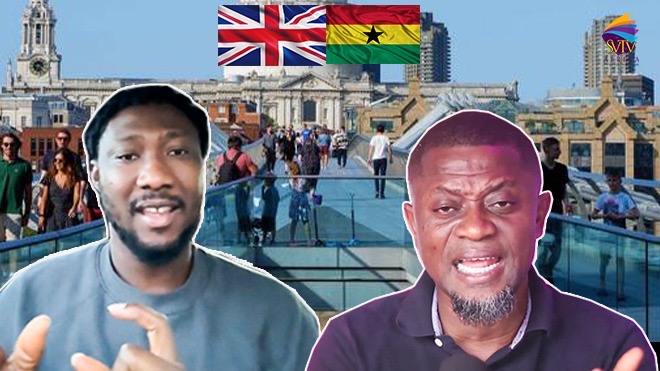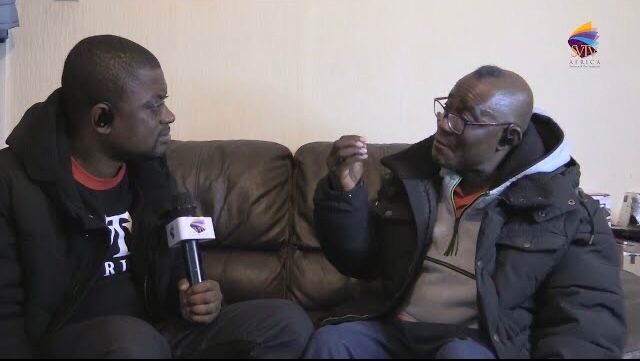Ghanaian-born, UK-based Eddy recently shared his migration story on SVTV Africa’s Daily Hustle Worldwide show with DJ Nyaami.
Eddy, who has lived in the UK for two years, works in a factory and interacts with people from diverse backgrounds. He notes that while factory jobs are readily available, not all areas in the UK offer the same employment opportunities. In Ghana, he was a nurse in an assessment unit, but financial struggles made life difficult.
Eddy attended nursing school in Cape Coast, where allowances were meant to support students. However, without financial help from family, completing nursing training was nearly impossible. He recalls struggling to pay tuition fees, which amounted to 3,300 GHC.
To move to the UK, aspiring nurses must pass the IELTS exam, which costs between 3,000 to 4,000 GHC. Raising funds for migration can be challenging. Eddy initially never planned to become a nurse, but his father encouraged him to pursue mental health nursing—a highly sought-after field abroad. Over time, he developed a passion for it.
Eddy highlights key differences between Ghana and the UK. In Ghana, saving up for a car takes a lifetime, but in the UK, people can buy one within six months. However, the system ensures you keep working until retirement, with continuous bills to pay—even when you visit Ghana.
“There are no breaks here,” he says. “Even when you’re sick, you still have to show up for work because the bills never stop.”
Despite the challenges, Eddy acknowledges the opportunities in the UK. His job sponsored his relocation, covering all expenses. Due to shortages in the healthcare sector, the UK actively recruits foreign nurses.
Eddy advises that if you have a well-paying job in Ghana, there’s no need to move to Europe. But if financial struggles persist, migrating with the right documentation can be life-changing.
“What I couldn’t afford or even dream of having in Ghana, I now have. Thanks to Abrokyire (life abroad), I’ve accomplished things I never imagined, and there’s still more to achieve.”
He also warns against unrealistic expectations. Social media often paints a glamorous picture, but the reality is that success abroad requires hard work and financial discipline.
















